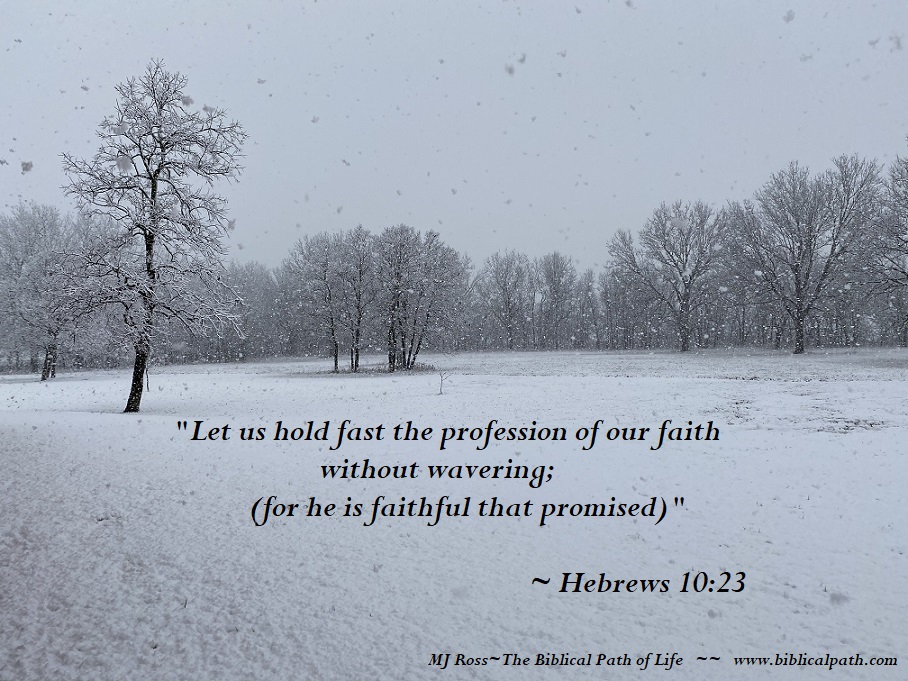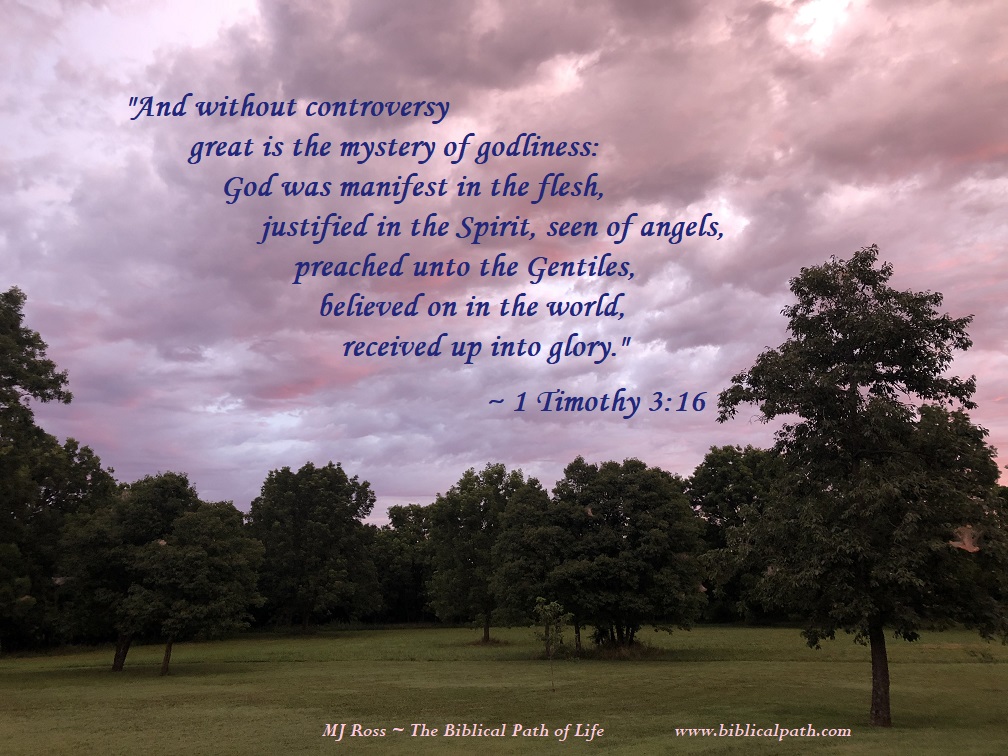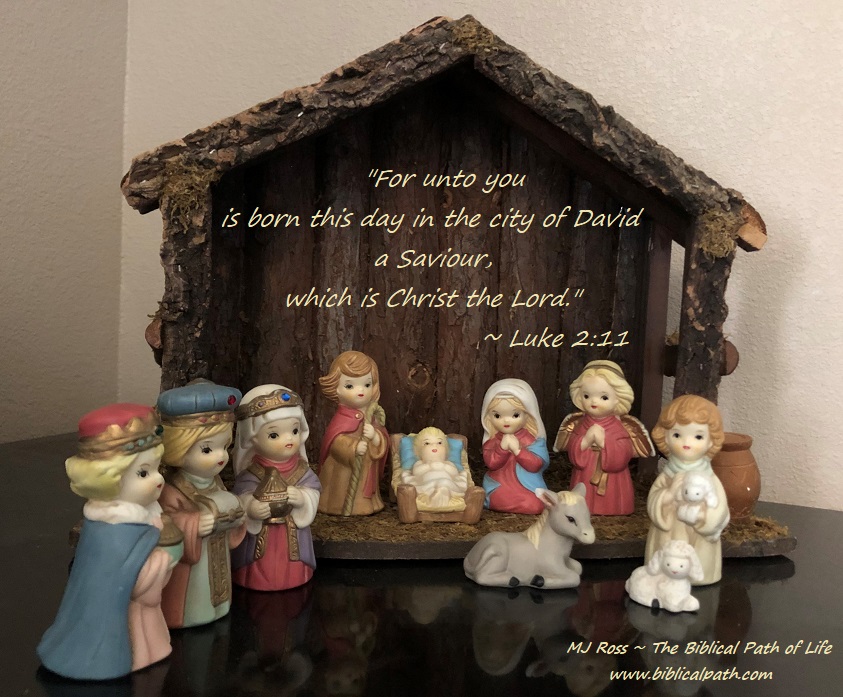
Amos 3:3
God sent a man named Amos to deliver an important message to the people of Israel. The people were living contrary to the Word of God, worshiping idols, and were practicing an empty religion. Amos asked them an important question: “Can two walk together, except they be agreed?” (Amos 3:3). He proceeded to remind them of the sin in which they were walking that was contrary to God and His Word. He wanted the people to understand that they would not live in peace or prosperity when they chose to reject God’s Word and live in sin. Judgment that was coming was the result of the sin of the people. God told Amos what would happen, and Amos was faithful to warn the people. The condition of the people was getting worse and worse. The problem was the sin in the heart of man. That is the same problem in the world today.
The people of Israel had been dealt with before because of sin. Nevertheless, they had returned to that sin. God wanted them to understand that there was a limit to His patience with them. Amos had a message for them. “Seek good, and not evil, that ye may live: and so the LORD, the God of hosts, shall be with you, as ye have spoken” (Amos 5:14). Sure, they had a religious practice, but they were not serving the one true God in that religious practice. Remember what Jesus called the religious rulers seven times in Matthew chapter 23. “Woe unto you, scribes and Pharisees, hypocrites! for ye are like unto whited sepulchres, which indeed appear beautiful outward, but are within full of dead men’s bones, and of all uncleanness” (Matthew 23:27). Jesus called them hypocrites! They looked like they belonged to God on the outside, yet their hearts were contrary to the teachings of God’s Word. Jesus saw their hearts – they were dead and unclean.
How often do people today claim to be a Christian, yet their lifestyle is contrary to the Christian life recorded in the Bible? What is even worse, how often do people think they are a Christian, but God knows their heart is “full of dead men’s bones, and of all uncleanness.” God has left an invitation to any who would turn from evil and seek after Him. However, many have not. They hear the truth from the Bible, yet they do not receive the Gospel message of salvation. Moreover, many who say they receive that salvation continue to live in the same manner as before – contrary to the teachings found in the Bible. God sent Amos with a message for the people to “seek good, and not evil, that they may live.” It is to be the mission of the church, and all Christians, to make that invitation known. It is then left for them to choose to believe.
Faith in Jesus must be real. See what Paul wrote: “I speak after the manner of men because of the infirmity of your flesh: for as ye have yielded your members servants to uncleanness and to iniquity unto iniquity; even so now yield your members servants to righteousness unto holiness” (Romans 6:19). Faith is to be appropriated in the life of the one who claims to be a Christian. All who see one called a Christian must be able to see Christ in that life. Remember what James wrote. “19. Thou believest that there is one God; thou doest well: the devils also believe, and tremble. 20. But wilt thou know, O vain man, that faith without works is dead?” (James 2:19-20). It isn’t enough just to believe, one must live out that faith, showing that Jesus is there. One may be able to put up good front or show here on earth, but understand that God can see the true heart. Remember that Jesus knew that the Pharisees appeared beautiful on the outside, but within they were full of dead men’s bones and all uncleanness.
Remember what David told his son, Solomon, before Solomon became king: “… for the LORD searcheth all hearts, and understandeth all the imaginations of the thoughts: if thou seek him, he will be found of thee; but if thou forsake him, he will cast thee off for ever” (1 Chronicles 28:9b).
Do you seek Jesus?
Can others see Jesus in your life every day?








